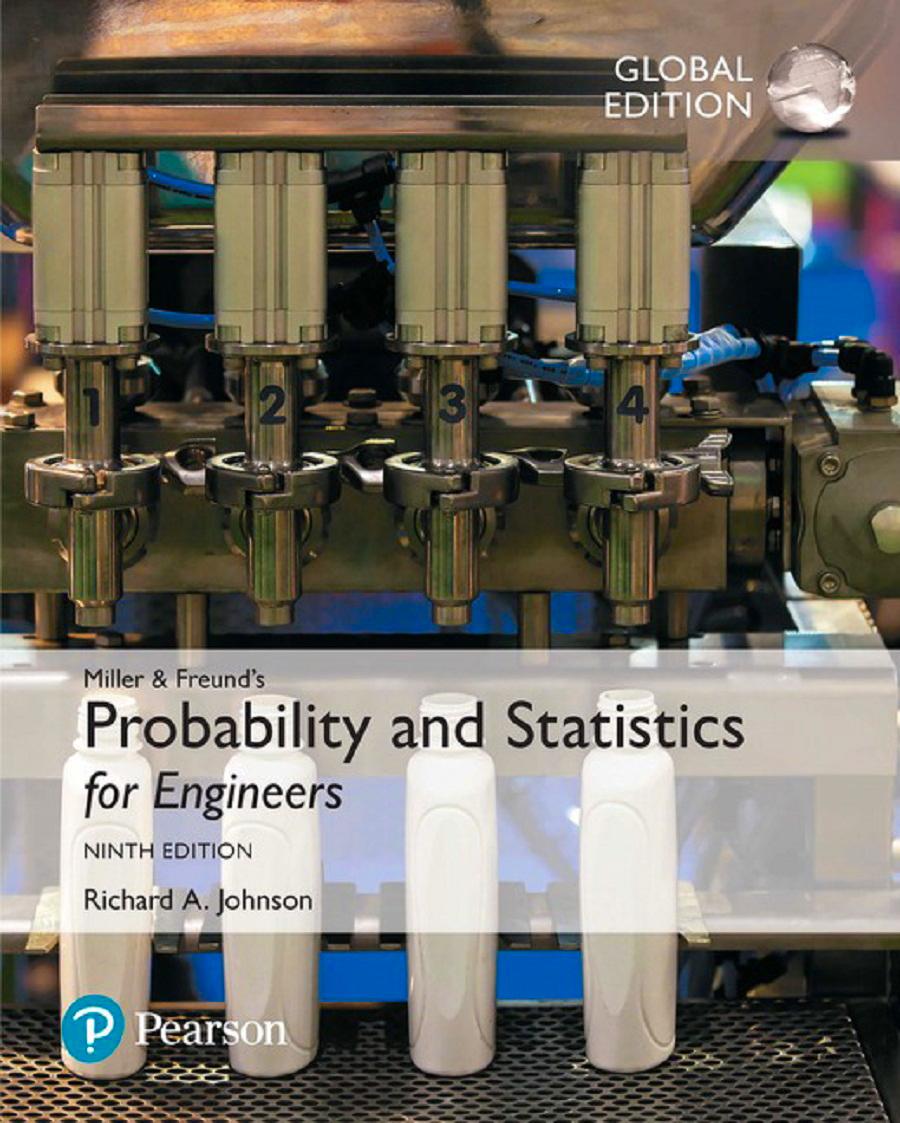Suppose that a machine's operation is regarded as a system having three main components: (A) (team), (B)
Question:
Suppose that a machine's operation is regarded as a system having three main components: \(A\) (team), \(B\) (power supply), and \(C\) (assembly). Suppose, furthermore, that component \(\mathrm{A}\) can be regarded as a parallel subsystem consisting of \(A_{1}\) (worker), \(A_{2}\) (supervisor), and \(A_{3}\) (operations manager); and \(C\) is a parallel subsystem consisting of \(C_{1}\) (factory assembly) and \(C_{2}\) (warehouse assembly). Under given operating conditions, the reliabilities of components \(A_{1}, A_{2}, A_{3}, B, C_{1}\), and \(C_{2}\) (defined as the probabilities that they can contribute to successful operation of a machine) are 0.985 , 0.45, 0.99, 0.95, 0.995 and 0.85 respectively.
(a) What is the reliability of the system?
(b) What is the effect on system reliability of having a skilled machine operator as supervisor, so that the reliability of \(A_{2}\) is increased from 0.45 to 0.85 ?
(c) If the team does not have an operations manager, then what would be the effect of increasing the reliability of \(A_{2}\) from 0.45 to 0.85 ?
(d) What is the effect of adding an alternate power supply, \(B_{2}\), with reliability 0.75 ?
Step by Step Answer:

Probability And Statistics For Engineers
ISBN: 9780134435688
9th Global Edition
Authors: Richard Johnson, Irwin Miller, John Freund





